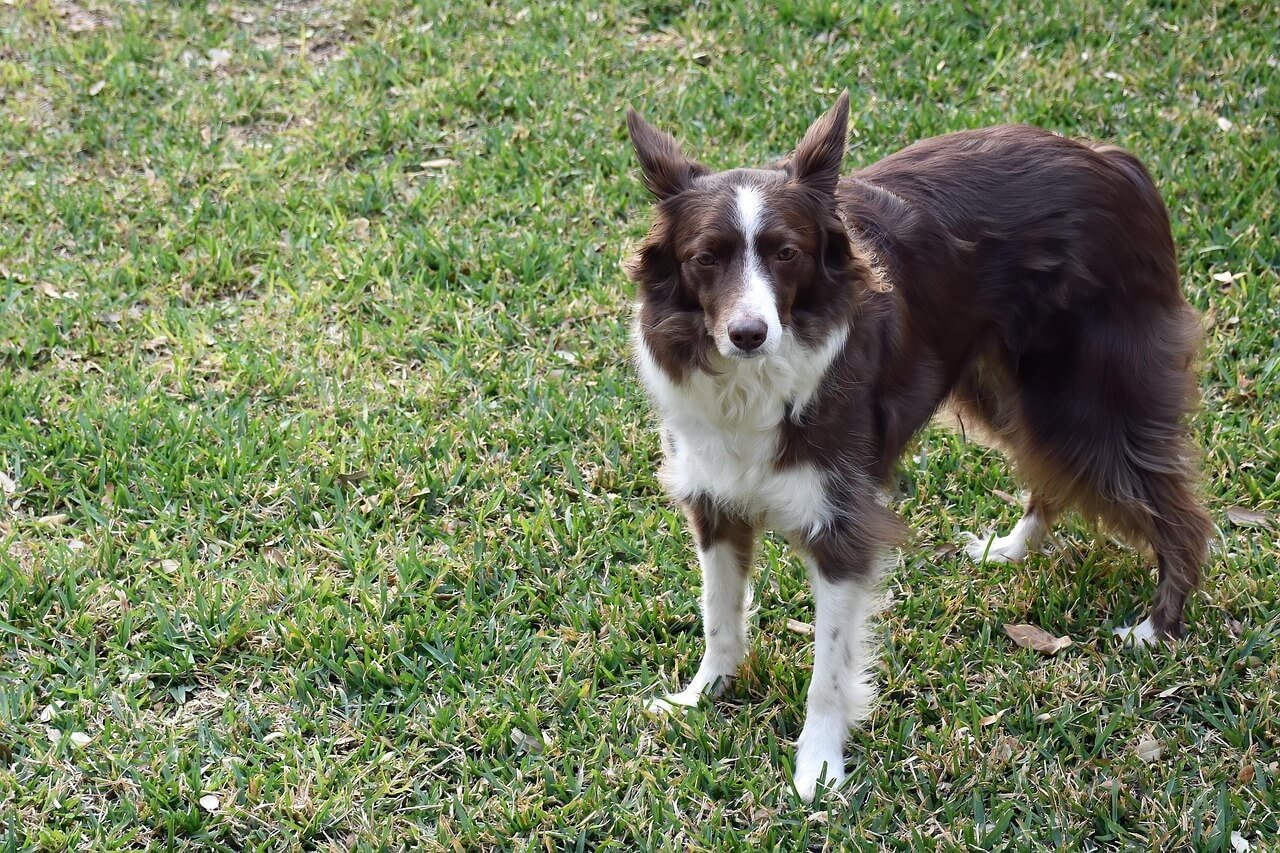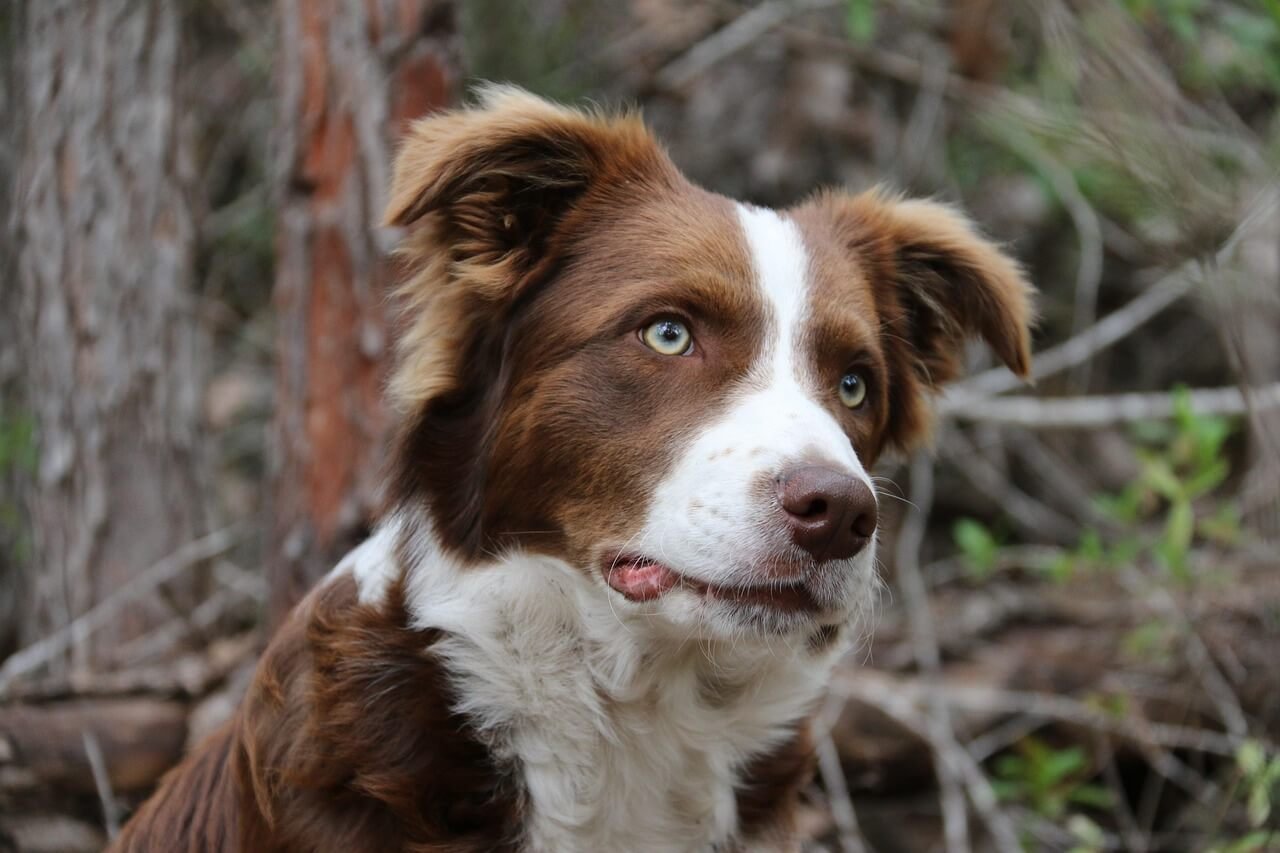Understanding the Importance of Dog Gland Expression
As a loving pet owner, ensuring your dog’s health and comfort is likely one of your top priorities. One aspect of canine care that often goes overlooked is the maintenance of their anal glands. These small sacs, located on either side of your dog’s anus, can sometimes become impacted or infected if not properly expressed. While it may sound unpleasant, understanding how often to express dog glands can make a world of difference in your furry friend’s well-being. This guide will walk you through everything you need to know about this important topic, from signs of gland issues to professional advice.
What Are Anal Glands and Why Do They Matter?
Anal glands are small pouches found near a dog’s rectum, and they serve an important biological purpose. These glands produce a smelly fluid that dogs use to mark their territory or identify each other. However, when these glands aren’t functioning correctly, it can lead to discomfort or even serious health concerns. Here’s what you need to know:
Anal glands naturally empty during defecation.
If stool is too soft, the glands may not express properly.
Impacted glands can cause pain and swelling.
Infected glands may require veterinary intervention.
Some dogs are prone to chronic gland issues due to genetics.
Understanding the role of anal glands helps pet owners recognize potential problems early and take appropriate action. By staying informed, you can ensure your dog remains happy and healthy.
Signs Your Dog’s Glands Need Attention
How do you know if your dog’s anal glands need expressing? Recognizing the symptoms early can prevent complications. Keep an eye out for these common indicators:
Excessive scooting on the floor.
Licking or biting at the rear end.
Foul odor emanating from the area.
Visible swelling or redness around the anus.
Difficulty defecating or signs of discomfort.
If you notice any of these behaviors, it’s a good idea to consult your veterinarian. Early detection and treatment can save your dog from unnecessary pain and stress.
Check this guide 👉 7 Tips for Dog Jowls Care: Health, Hygiene & Happy Pets!
Check this guide 👉 Dog Has Red Eyes: Best 7 Expert Tips for Relief & Care!
Check this guide 👉 Why Is My Older Dog Drinking So Much Water? Best 7 Tips!

Preventive Measures | When to Seek Veterinary Help |
|---|---|
Regular vet check-ups | Persistent scooting despite home care |
High-fiber diet | Signs of infection (pus, bleeding) |
Monitoring stool consistency | Severe swelling or abscess formation |
Keeping weight in check | Behavioral changes (lethargy, aggression) |
Avoiding overexpression at home | Chronic recurring issues |
How Often Should You Express Your Dog’s Glands?
The frequency of gland expression depends on several factors, including your dog’s breed, size, and overall health. For most dogs, natural expression occurs during regular bowel movements. However, some dogs may require additional help. Here’s a breakdown:
Most dogs never need manual gland expression.
Dogs with soft stools may need occasional assistance.
Senior dogs or those with medical conditions might require more frequent attention.
Breeds like Bulldogs or Poodles are prone to gland issues.
Overexpressing glands can cause irritation or damage.
In general, avoid unnecessary gland expression unless recommended by a vet. Overdoing it can disrupt your dog’s natural processes.
Tips for Proper Gland Expression
If your veterinarian advises you to express your dog’s glands at home, it’s crucial to follow proper techniques. Incorrect methods can harm your pet. Consider these tips:
Wash your hands thoroughly before starting.
Use gloves to maintain hygiene.
Apply gentle pressure—never squeeze forcefully.
Watch for signs of distress from your dog.
Stop immediately if you encounter resistance or pain.
Always prioritize safety and seek professional guidance if you’re unsure. Remember, improper technique can worsen the problem.
Understanding the Risks of Improper Gland Expression
Improperly expressing your dog’s anal glands can lead to complications that might worsen their condition. It’s important to understand the risks involved so you can make informed decisions about your pet’s care. Here are some potential consequences:
Overexpression can irritate the gland tissues.
Incomplete expression may leave residual fluid, leading to infections.
Applying too much pressure can rupture the gland sacs.
Incorrect technique increases the risk of abscess formation.
Repeated manual expression can disrupt natural gland function.
To avoid these risks, always consult a professional before attempting gland expression at home. Your veterinarian is best equipped to handle this delicate procedure safely.
How Diet Affects Anal Gland Health
A dog’s diet plays a crucial role in maintaining healthy anal glands. The consistency of their stool directly impacts how effectively the glands express naturally. Here’s how dietary choices influence gland health:
High-fiber foods promote firmer stools, aiding natural expression.
Diets low in fiber can result in soft stools, increasing gland issues.
Hydration helps maintain proper digestive function and stool quality.
Excessive fatty or processed foods may disrupt digestion and gland health.
Customized diets for specific breeds address unique gland concerns.
By prioritizing a balanced diet, you can support your dog’s digestive system and reduce the likelihood of gland-related problems. Always consult your vet before making significant dietary changes.
When to Consider Professional Gland Care
While some dogs rarely require gland expression, others may need regular professional care. Knowing when to seek help from a veterinarian ensures your dog receives timely treatment. Here are scenarios where professional intervention is advisable:
Persistent scooting despite home remedies.
Visible swelling or redness around the anus.
Signs of pain or discomfort during bowel movements.
Recurring gland infections or abscesses.
Chronic issues even after dietary adjustments.
If you notice any of these signs, schedule an appointment with your vet promptly. Professional care not only addresses immediate concerns but also prevents long-term complications.
Preventive Measures to Keep Glands Healthy
Prevention is always better than cure when it comes to your dog’s anal gland health. By incorporating simple practices into your pet care routine, you can reduce the likelihood of gland-related issues. Here are some effective preventive measures:
Schedule regular veterinary check-ups to monitor gland health.
Maintain a consistent grooming routine to spot early warning signs.
Encourage physical activity to promote healthy digestion and firm stools.
Avoid overfeeding or giving excessive treats that may lead to soft stools.
Use supplements like omega-3 fatty acids to support skin and gland health.
By taking these proactive steps, you can help ensure your dog’s anal glands remain healthy and functional. Prevention not only saves your dog from discomfort but also reduces the need for invasive treatments down the line.
Frequently Asked Questions About Dog Gland Expression
Can I express my dog’s glands myself?
Yes, but only if instructed by your vet. Improper technique can cause injury.
How can I tell if my dog’s glands are full?
Look for scooting, licking, or a foul odor. Swelling or redness are also signs.
What happens if I don’t express my dog’s glands?
Untreated gland issues can lead to infections, abscesses, or severe discomfort.
Is gland expression painful for my dog?
When done correctly, it shouldn’t cause significant pain. However, impacted glands can be uncomfortable beforehand.
Are certain breeds more prone to gland problems?
Yes, smaller breeds and those prone to soft stools, such as Bulldogs and Poodles, often experience gland issues.
Prioritize Your Dog’s Comfort and Health
Caring for your dog’s anal glands might not be the most glamorous part of pet ownership, but it’s essential for their overall well-being. By staying vigilant for signs of trouble, maintaining a healthy diet, and seeking professional help when needed, you can ensure your furry companion stays comfortable and happy. Remember, prevention is key—regular check-ups and proper grooming habits go a long way in avoiding complications. With the right knowledge and approach, you’ll be equipped to handle any gland-related challenges that come your way.
Understanding Scabs in Dogs Ears: Best 7 Tips! Learn how to identify, treat, and prevent scabs in your dog’s ears for optimal ear health.
Is Cinnamon Bad for Dogs? Best 7 Health Tips! Discover safe ways to use cinnamon, risks to avoid, and expert advice to keep your dog healthy.
Can Dogs Get Pneumonia from Humans? Best 7 Tips! Learn how to protect your dog, understand transmission risks, and ensure their respiratory health.
Can Dog Urine Make You Sick? Best 7 Health Tips! Learn how to stay safe, prevent illness, and handle exposure to dog urine effectively.





